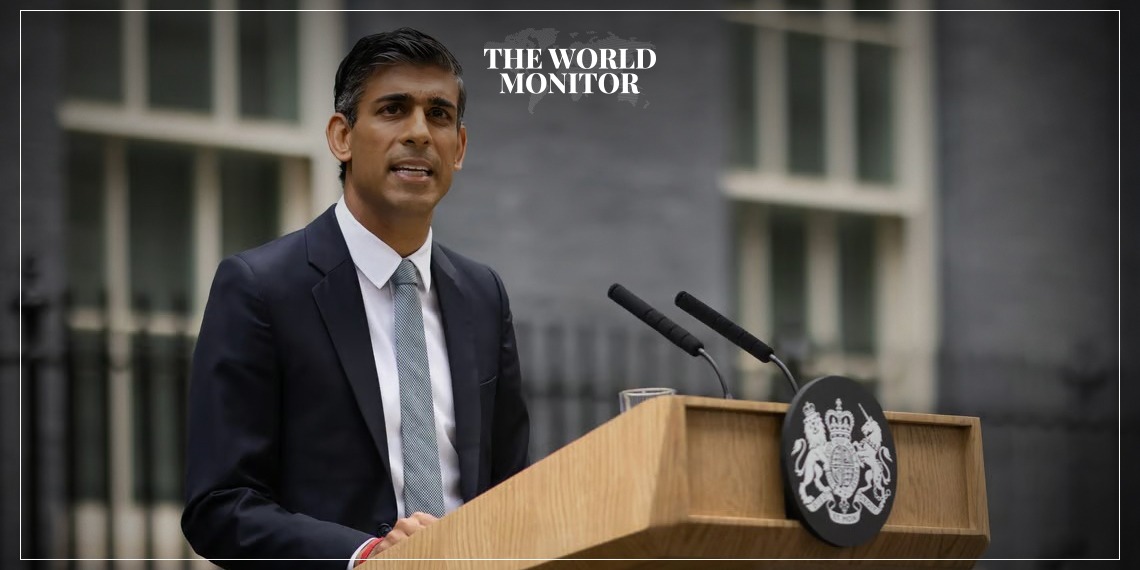UK Prime Minister Rishi Sunak’s recent announcement of a “new robust framework” for policing protests in the country has ignited a storm of criticism and raised concerns about the rights of protesters. In a controversial move, Sunak stated that individuals in the UK on specific visas could face removal for participating in certain protests.
The announcement has triggered a heated debate across political spectrums, with critics accusing Sunak of displaying authoritarian tendencies. On the other hand, supporters argue that these measures are a necessary step to protect democracy in the face of perceived threats.
Sunak’s statement follows George Galloway’s recent by-election victory in Rochdale, a win that significantly impacted the political landscape. The Prime Minister’s remarks about the UK descending into ‘mob rule’ and expressing concerns about ‘small groups hostile to our values’ taking control of the streets have faced skepticism and outright opposition from many quarters.
Scottish Greens MSP Ross Greer criticized both the timing and content of the announcement, while members of the Alba Party, including Chris McEleny and Evelyn Tweed MSP, questioned the rationale behind Sunak’s claims. Critics argue that these measures could potentially undermine fundamental rights to freedom of expression and peaceful assembly.
The controversial nature of Sunak’s announcement and the potential consequences for individuals on specific visas have sparked a broader conversation about the balance between public order and the right to protest. As the debate unfolds, concerns about the impact on democratic values and individual freedoms take center stage in discussions across the UK.


